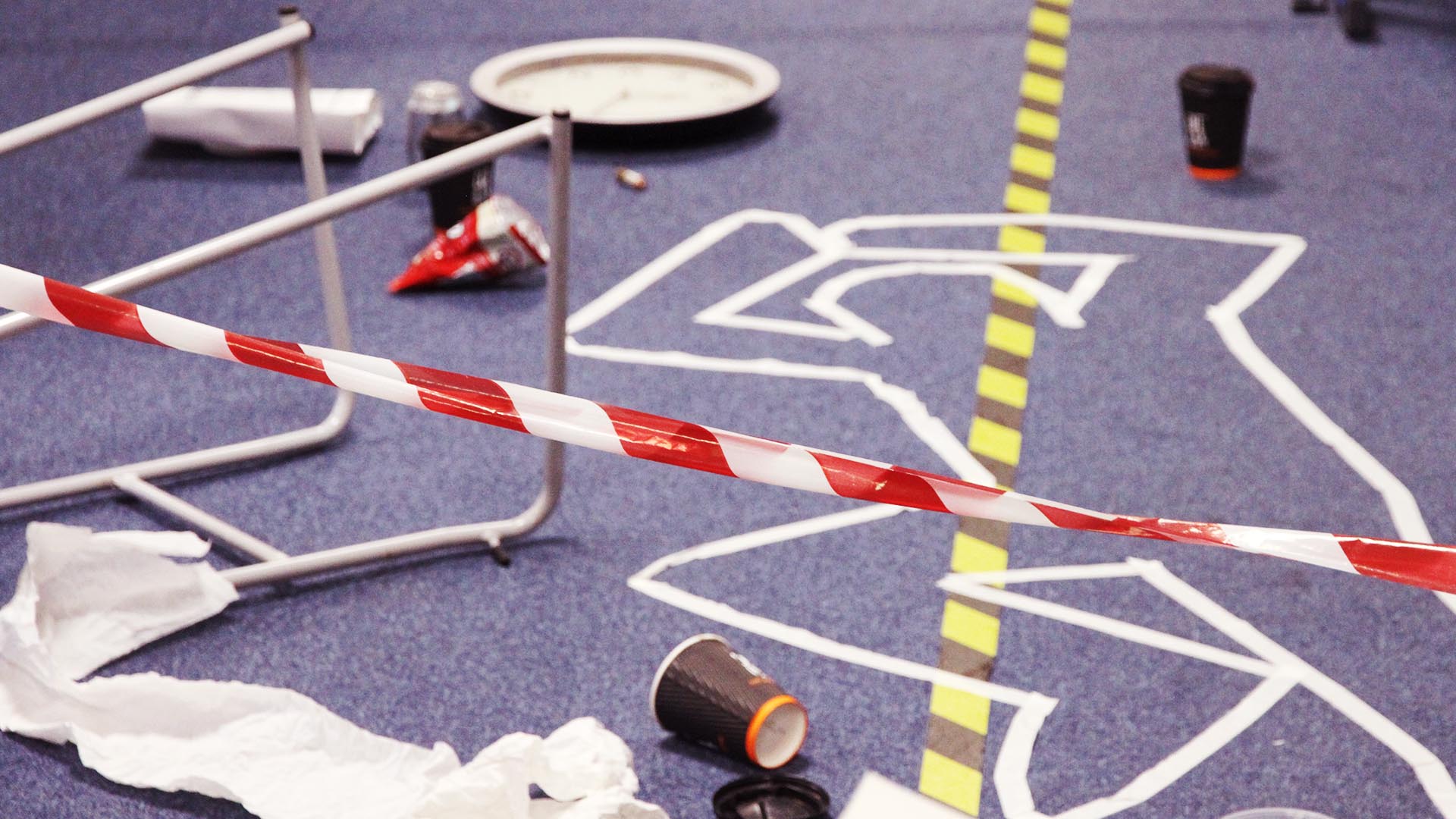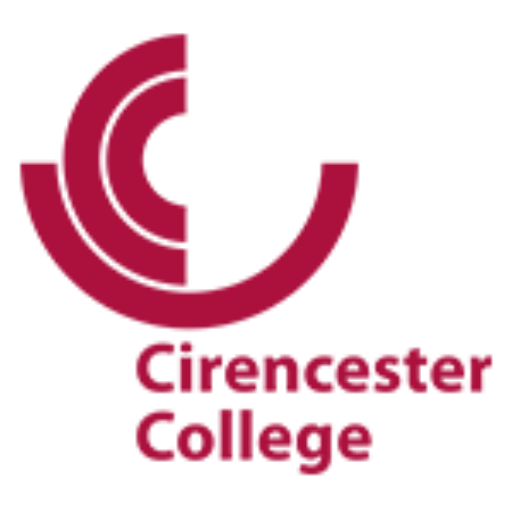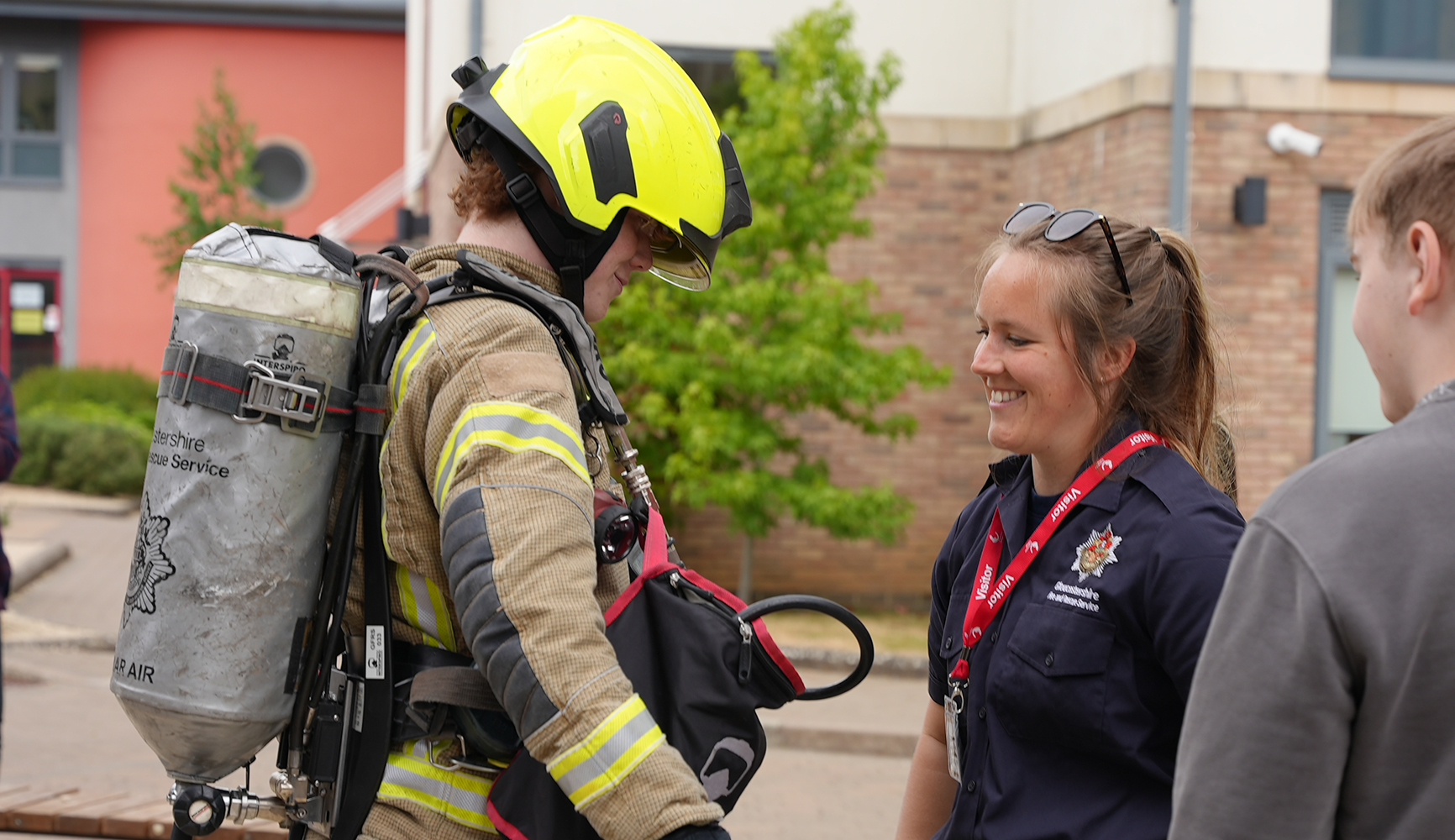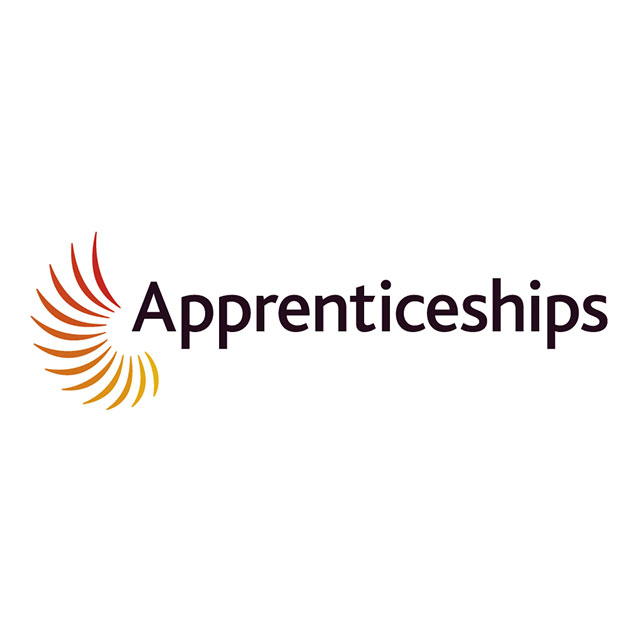
Criminology Level 3 Diploma

DO NOT DELETE OR EDIT THIS ROW OR ITS CONTENTS
This is an exciting two-year course designed for students with an academic interest in crime and its impact on society. Criminology is a social science, and invites us to study crime and criminal behaviour in an analytical way. We explore a range of criminological theories to help explain why people commit crimes, and assess policies designed to reduce crime. We examine the process of criminal investigations, the prosecution of suspects and consider how and why criminals are punished. We also study the criminal justice system in Britain, and understand the role that different agencies play in tackling the problem of crime.
What will I study in Criminology Level 3 Diploma?
Unit 1 - Changing Awareness of Crime
You will learn about a variety of crimes that are under-reported and have a low level of public awareness. You will consider the reasons for this and the impact on society. You will consider how campaigns for change are successful, and at the conclusion of the unit you will plan your own campaign for change relating to an under-reported crime. You will design materials linked to the campaign and justify your decisions.
Unit 2 - Criminological Theories
You will consider why people commit crime and whether theories of criminality are credible. You will apply these theories to real life case studies. You will also assess the usefulness of policies, that have been arisen from theories, to help reduce crime.
Unit 3 - Crime Scene to Courtroom
You will follow a crime from the initial crime scene to the investigation by the police and other personnel involved in criminal investigations. You will learn about the structure of the legal system in England and Wales, about rules of evidence and the role of juries and magistrates. You will assess the validity of information available in a range of case studies, and draw conclusions about potential miscarriages of justice and sentencing decisions.
Unit 4 - Crime and Punishment
You will study in depth the role and effectiveness of a range of agencies in the criminal justice system, such as police, Crown Prosecution Service, probation and prisons. You will study the way laws are made and the wide range of methods used by society to bring about social control, including a detailed look at different forms of punishment.
Entry Requirements
5+ GCSEs at Grade 4 or above. 3 from the core subjects including English Language and Maths.
How will I learn?
You will engage in a variety of teaching and learning activities including discussions and presentations led by teachers and students. A major skill required for success in this course is independent research and note taking, and you will be supported to improve your skills in this area. The controlled assessments require extended, formal writing, typed as reports under time pressure, which is a useful transferable skill to university or the workplace. We like lessons to be as interactive as possible and encourage students to express their thoughts and opinions in small groups and to the whole class. We offer opportunities for collaborative research, as well as independent working. We test understanding of topics through essays, exam questions and quizzes. Another key element of this course is the application of knowledge to real case studies which you will research in both year one and year two.
How will I be assessed?
Each of the 4 unit's are worth 25% of the Diploma. 50% of the assessment is through externally marked examinations and 50% through internally marked controlled assessment.
Any trips?
Students have previously attended former prisons, the clink restaurant, Bristol crown court and University taster days.
We are always looking for opportunities to enhance and develop students' understanding of crime and punishment in society and hope to offer some educational visits next year.
We have a good network of external speakers who come in to college and give students a rare insight into different aspects of the criminal justice system. They offer an invaluable opportunity to students to ask questions that only an insider would be able to answer.
Are there any costs involved?
There are extra booklets for the course, which can either be purchased from college (approximtely £10 in total per year), or electronic copies can be downloaded for free. These are required to help students structure their note taking.
There is no requirement to purchase a textbook, and some are available to use in the library.
For those students who prefer to have their own copy of a textbook at home, the WJEC approved textbook costs about £26 and covers both years of the course. It can be purchased independently from a variety of bookstores and online.
WJEC Level 3 Applied Certificate & Diploma Criminology - Student Book - Illuminate Publishing
There is a charge for each trip, although this is kept to a minimum.
Device Requirements
MacBook (8GB RAM minimum | M2 or above)
or
Windows laptop (8GB RAM minimum | Ryzen 3 or Intel i3 12th Gen or above)
If you already own a device that meets the technical requirements of your course, you are welcome to bring it with you to college.
If not, more information on a convenient rental and help-to-buy scheme designed specifically for Cirencester College students is linked below.
FAQs
Criminology is a social science and will enhance understanding of how society works. For this reason it will support learning in subjects such as Sociology, Politics, Law, Psychology and Health & Social Care.
For students interested in Forensic Science, other suitable subjects would be Chemistry, Biology or Applied Science.
For those interested in a career in criminal justice, it is an excellent companion to subjects such as Law and Uniformed Services.
No previous experience is required, just a keen interest in the study of everything to do with crime, and a commitment to complete at least 4.5 hours per week of independent study outside of college lessons.
There are some areas of overlap between Criminology and other subjects, particularly Law, Sociology and Psychology. However the subject takes a much broader view of crime than any other, and students should not be concerned about having too much overlap between subjects.
It is a great benefit to read newspapers and watch current affairs programmes on television. We will often discuss high profile cases that appear in the media in class, and relate our theoretical knowledge to these cases as they happen.
We have a recommended reading list to offer you and teachers will often make recommendations to watch factual programmes or documentaries about crime and the justice system.
There are a wide variety of podcasts relating to crime.
We also encourage students to observe a court case, or part of one, at least once during the course.
Whilst many students choose Criminology purely for interest, others have a particular interest in joining the police as a uniformed officer or a detective. Many students are interested in careers in law, and others are considering roles in the civil service or local government. Some students consider areas such as social work or probation. We also find that some students are interested in pursuing a career in journalism or in education.
Awarding Body
WJEC
Available As
[56 UCAS pts. available]

Add to Application
What can I do after I have taken this course?
Available As
[112 UCAS pts. available]

Add to Application

DO NOT DELETE OR EDIT THIS ROW OR ITS CONTENTS
















